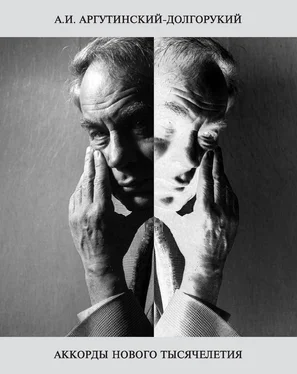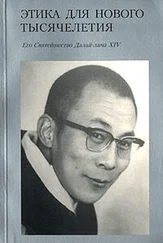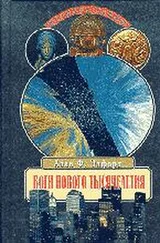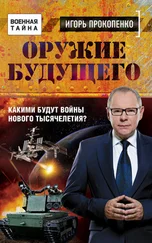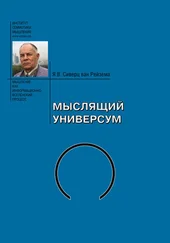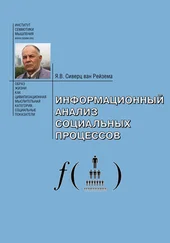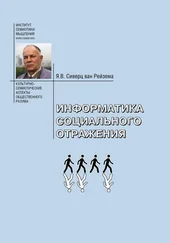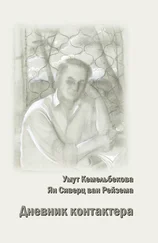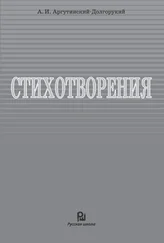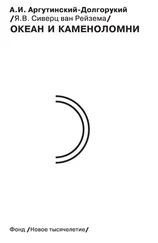The author gives his interpretation of “The Philosophy of Planetarism” through the interaction of natural-scientific and humanitarian notions: on the one hand, as development of metaphoric energy, i.e. energy-informatics level, on the other hand, as the result of complex cultural-civilization ethic-spiritual processes, realization of thought energy in cosmic and planets environment.
The poetic version of “The Philosophy of Planetarism” asserts the necessity of all planetarian subjects for the Earth survival as spiritual planet, the ethics of equality, equal “rights” for all planetarian entities: human beings, animals, plants, landscapes, and cultural-historical essences. They are equally important for our planet as the rarest manifestation of thought energy and life resource of our Universe. These postulates of ‘the Philosophy of Planetarism’ motivate further developments: ecological, educational and hence political-economic, social and world outlook consequences.
Absorbing the scale of the author’s thought the reader is expected to take the role of a co-thinker, he should live through these planetarian situations as if they have become an immanent part of his own personal life. These feelings should help penetrate deeply into the author’s world, to comprehend his unique cosmos with unexpected unusual word-forms and metaphors, new lyrical attitude, tragic sarcastic vein and assuredness, born by culture.
The author’s life bears some symbolism. He was brought up in the International Children’s Home in the city of Ivanovo, graduated from the Indonesian faculty of the MGIMO, served as a Navy officer, worked as a Research fellow at the Institute of Oriental studies and at the Institute of Sociology of the USSR Academy of Sciences.
His poetry and main philosophical works appeared in print rather late. The first book of verse “Demiurge” was published when the author was 59. “The Philosophy of Planetarism” came out at the age of 61. There were serious reasons for this delay.
In the early 1960s the author had a very intensive correspondence and contacts with Soviet progressive literary figures: he had intensive exchange of opinions with such well-known Russian poets as Pavel Antokolsky, Leonid Martynov, Eduardas Mejelaytis, Rasoul Gamzatov. During his army year’s novelist Victor Necrasov came to visit him, they exchanged views on how to use and interrelate innovation and classic elements in writing. In his early years he had close constructive contacts with Valeria D.Prishvina, a learned philologist, arts theoretician and writer. Yuri Rozhdestvensky, a renowned Russian culturologist and semioiogist, was among his closest friends.
A very important role for the practical realization of his poetical talent was played by Vladimir Lakshin, the leading critic of the top Russian literary monthly “Noviy Mir”. Lakshin offered him to publish some poetry in the famous magazine. But – alas! – in spite of Lakshin’s efforts the poems were rejected by the almighty ideological censorship. Lakshin comforted him: “Don’t be very upset! This is a sign for you. Go on, work as hard as before. And with greater concentration and more energy. Cherish your talent. Do not hurry with publications. Later on just produce all at once!”
In 1968 there was another very important meeting… in absentia…with Yuri V. Andropov (the head of the KGB at that time). The poet gave his personal estimation of the Soviet invasion to Czechoslovakia. The poetical cycle named “Invasion” expressed severe criticism of the events and obviously could not be published. It was designed only for the personal diary. Unexpectedly the manuscript had been laid on Andropov table, and with his resolution was dispatched to the authorities of the Institute of Oriental studies.
Andropov himself wrote poetry. Andropov remarks on the margins of Argutinskiy-Dolgorukiy manuscript read as following: “Poems are of great interest. I categorically disagree with their political approach. Don’t apply any extreme penalties to the author!” Signed: Yuri Andropov. Well, it was an effective charter of immunity for poet and philosopher who have chosen the survival of civilization as the supreme value. The poetical cycle “Invasion” was published only in 1996, they were included into the collection “Faces of a Day”. But that was quite a different epoch, which collisions, motives, contradictions and opportunities have been foreseen by the author of “the Philosophy of planetarism”.
In 1998 A.I. Argutinskiy-Dolgorukiy had been nominated by the “New Millennim Foundation” for the Russian state prize.
Bibliography of the author:
Poetry of A.I. Argutinskiy-Dolgorukiy
“Demiurge”, M; 1993, “Faces of a Day”, M; 1996, “Labyrinth”, M; 1996, “Liberty”, M; 1996, “Goethenaum», M; 1996, “Pompeii”, M; 2000, “Muses in Hamowniky”. M; 2003, “Ikarus and Tomagawks”, M; 2004, “Metaphors”, M; 2004
Philosophical researches of Y.W.Siewertsz van Reesema
“Information Analysis of Social Process”, M; 1982, “Social Reflection. Basis of Society Reason”, M; 1990, «Thinking Universe”, M; 1991, “Philosophy of Planetarism”, M; 1995, “Prognostic Dialogs”, M; 1995, “Way of the Russia”, M; 1997, (A.I.Argutinskiy-Dolgorukiy), “Philosophy of Planetarism. Planetarian Civilization Reason”, M; 2004
Umut Kemekbekowa, President of The “New Millennium» Foundation, Academician of The Russian Academy of Natural Sciences
Поэзия – это выбор вероятного из существующего по критериям информативности метафор. Таково кредо, которым руководствуюсь в поэзии.
Это затрагивает всю область поновления выразительных средств, что, как и в музыке, ведет к требуемой концентрации метафорических энергий.
Выдающийся русский исследователь мыслительности П. Д. Успенский писал в начале ХХ века: «Какое-нибудь одно маленькое стихотворение может жить тысячелетия, заставляя сотни людей работать на себя. Посмотрите, сколько потенциальной энергии в каком-нибудь маленьком стихотворении Пушкина или Лермонтова. Эта энергия действует не только на чувства людей, но самим своим существованием на их волю… Несомненно, что в каждой мысли поэта заключается огромный потенциал, подобный потенциалу, заключающемуся в куске угля или в живой клетке, но бесконечно более тонкий невесомый и могущественный. Это замечательное соотношение явлений может быть выражено так, что чем дальше видимое явление от осязаемого, чем дальше оно от материи, те больше в нём скрытой силы, тем большее количество энергии оно может освободить, и тем меньше оно зависит от времени. (Успенский П. Д. Tertium Organum. Спб 1911. с 101).
Соотношение характерно для древнекитайской, древнегреческой, персидской, китайской, английской, русской, германской, испано-португальской, французской, японской поэзии.
Читать дальше
